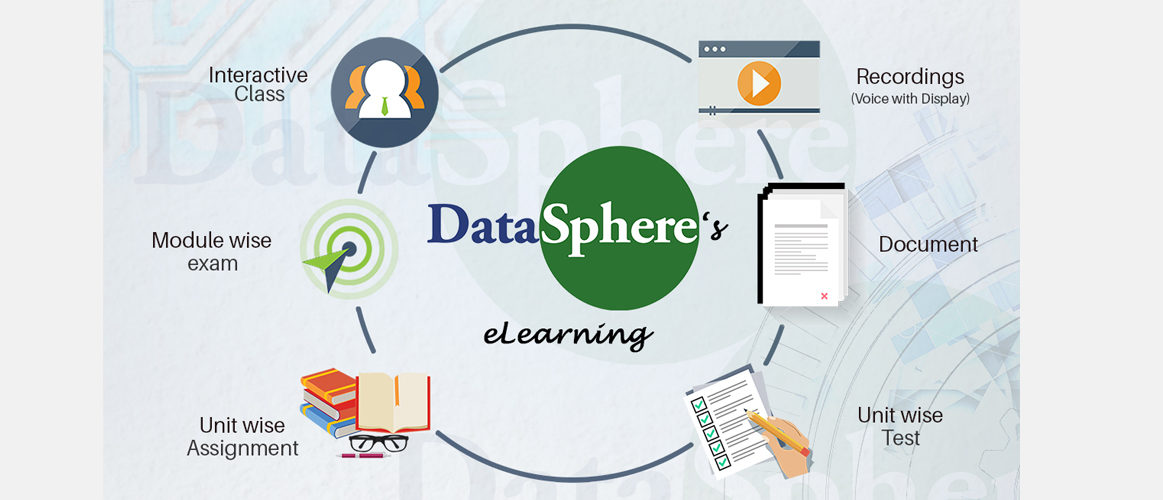Course Preview
Technical Article
Manual Administration of the Services is been automated and Automation is emerging very fast.
*****
In Cloud Computing and IaaS – Infrastructure as a Service, the fundamental services is using Linux as their platform.
BigData and NoSQL Database not only use Linux as their platform but also the architecture is oriented towards Linux.
Linux being an Open Source software the cost of Organization will be considerable reduced.
Unlike previous years where Organizations found difficulty in getting Systematic Support from the Linux Distro Vendors, today we have host of Linux Distro Vendors those provide support to the software based on the client requirement.
As Linux is Open Source customization to ones requirement is easily possible and leverage on the features of Linux Operating Systems.
In today’s dynamic and fast changing business proportion in the world Organizations want a software that can scale to and adopt to the requirement.
Today the world is in Transaction in using IT for their businesses and want to cut down the cost without compromising on the quality of services they are getting.
*****
Traditional Infrastructure Management is fast fading and is in the verge of phasing out by giving space to Cloud Computing as Infrastructure as a Service – IaaS.
And
A transition from RDBMS to BigData in the world of Data where it is accumulating very huge volumes in a short period.
And
Inspite Linux is so vast, many features are very much essential for the Administrators to perform their day to day activities and periodic activities smoothly and stressless.
LinuxFirst, a comprehensive curriculum for
“DBAs, RAC DBAs, BigData Admins, NoSQL DB Admins, AWS Admins, Oracle on Cloud Admins, and System Admins”.
helps them to exert their responsibilities perfectly .
LinuxFirst @ DataSphere includes
“What” – “How” – “Why”
“Concept” – “Usage” – “Application”
Apart from “What” a component is conceptually and “How” to use, manage, configure it also covers “Why” the application of it that helps the learner in real time usage.
Most useful and essential 50+ commands makes the users to perform their activities easily.
Concept and importance of most important 10 OS files such as
The .bash_profile file to set environment variables and then difference in deciding on executing it dynamically or relogin.
Good knowledge of most important 10 default Environment Variables makes ones activity easy and is the step towards Shell Scripting.
As Data and BigData Administrators working with Cluster of Nodes / Servers, a sound knowledge in Subnet, IP Address, Network Commands is a must.
For example
In AWS create a VPC with multiple subnets to place the servers created is not possible if subnets are matching or overlapping.
In Oracle12c RAC while using Flex ASM and Flex Cluster we end up using IP address of different class and also must belong to different subnet.
Choosing the appropriate copy commands and zipping option is crucial for Backup wrt Time, Space, Consistent and Reliability.
For example
Using cp is not suitable as it may end up writing to corrupted sector instead using cpio is preferred, which is cryptic to use.
Deciding on gzip and bzip2 is done based on compression level, time required, and resources required.
Kernel Parameter Concepts, Settings and its Impact
As we are moving towards MPP or Shared Nothing Systems by cluster of nodes, considering to setting the appropriate kernel parameters is a must.
For example
The shmmax specifies maximum size of a single shared memory segment used for shared memory Oracle Instance, Cassandra Memory Structures, MongoDB Memory requirements, if not set sufficiently then it affects adversely the performance by swapping.
If semaphores are not set appropriately then process may not get started in one of the server in the cluster leading to troubleshooting.
Search, Find, Capture, Redirect, Piping for Easy Administration
For example
find, grep…..
Find, Grep, Outward redirection, Inward redirection, errors redirection, piping makes Administrators life easy.
Scheduling the administrators routine activities such as Backup, Housekeeping activities, log purging, temp clearance are scheduled using scheduler such as cron.
Shell Architecture, Shell Settings for Administrators
Understanding the shell architecture, its functioning, setting shell configuration such as variables, environment variables, aliases and differences between them has become an essential skill in Linux environment.
Shell and Subshell understanding takes the learner a step closer towards shell scripting.
Monitoring and Managing Processes of the System using tools such as top a Task Manager kind of tool, options such as pstree, ps, nice, renice help in understanding of the processes.
A process can either run in foreground or in background, that is suitable for a given instance must be decided.
Be it a Oracle Database, Oracle RAC, BigData, NoSQL DB, Other RDBMS environment, Group and User Management with identical IDs and with right permission is what important in Cluster of Servers environment.
Actual Price: 8000 upto 87.5% off
Offer Price: 1000 only
Limited period offer
Also get Rs.1000/- Discount coupon for 1 Self Paced Training.















